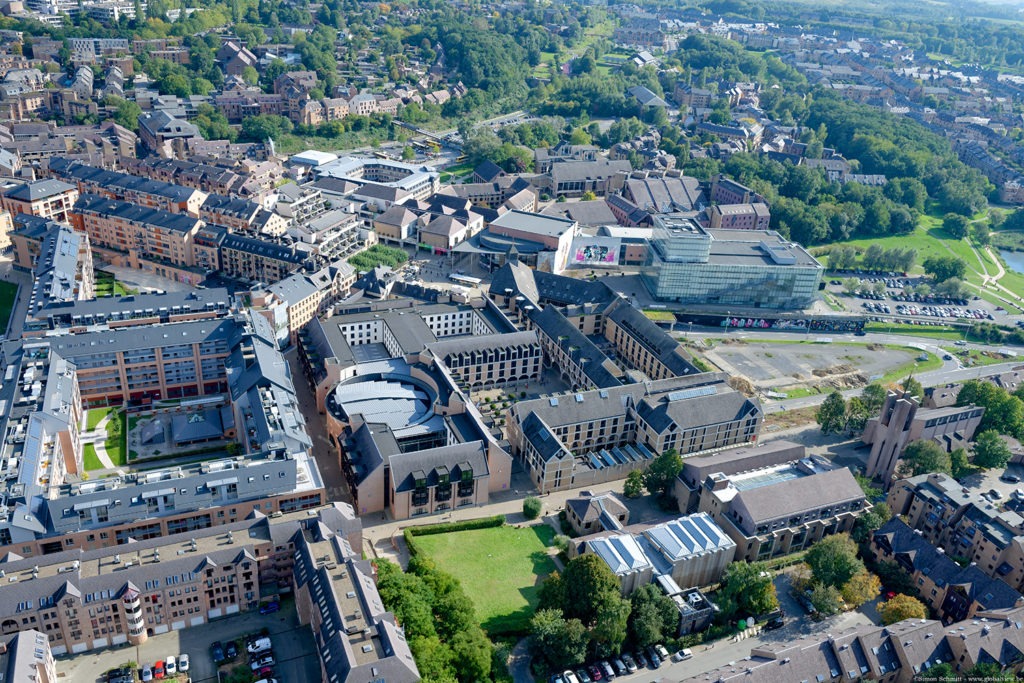Researchers from the Catholic University of Louvain-la-Neuve in Walloon Brabant have discovered a promising new lead in the treatment of cancers affecting children.
The treatment is based on the work of Professor Annabelle Decottignies on telomeres – regions at the end of chromosomes which essentially prevent them from wearing out.
However each time a chromosomes divides, the new chromosome has a shorter telomere, and the end result is that division shortens the life of the chromosome: elderly people have shorter chromosomes that the young by a factor of about three.
An exception to the rule is cancer cells, where the telomere cannot be shortened, and where as a result the cancer cells can divide without limit, which leads to the growth of tumours and the way cancer is able to spread to other parts of the body.
In some cancers affecting children, a process known as ALT (Alternative Lengthening of Telomeres) is at work, and the research team has discovered a protein which makes this process possible. The hope is that the protein can be targetted, offering a treatment for children to replace conventional chemotherapy, which can be particularly harsh for children, as well as bringing a risk of problems in later life such as fertility problems, deafness and premature ageing of cells.
“This is the first time we have found a specific target to fight cancerous cells in children,” Prof. Decottignies said.
The team at UCL is now working together with colleagues from the Centre for Structural Biology at the Free University VUB in Brussels, as well as the Institute of Condensed Matter and Nanosciences at UCL, to develop a means of targetting the protein and neutralising its effect on ALT.
In Belgium, the UCL said in a statement, there are about 70,000 cases of cancer diagnosed every year among adults, compared to 350 in children. The result is a lack of interest on the part of pharmaceutical companies, so that children are forced to rely on treatments intended for adults.
Alan Hope
The Brussels Times

